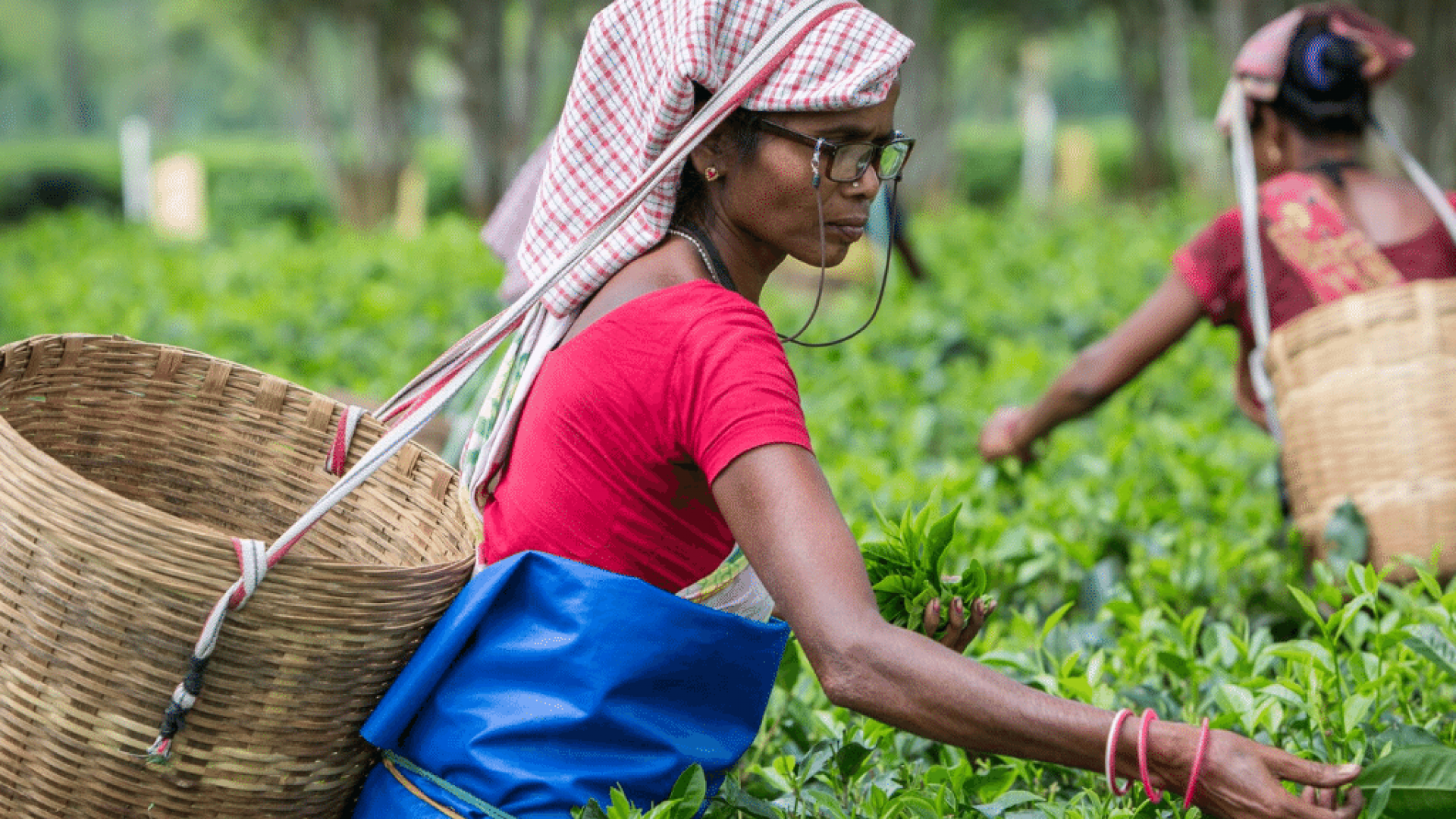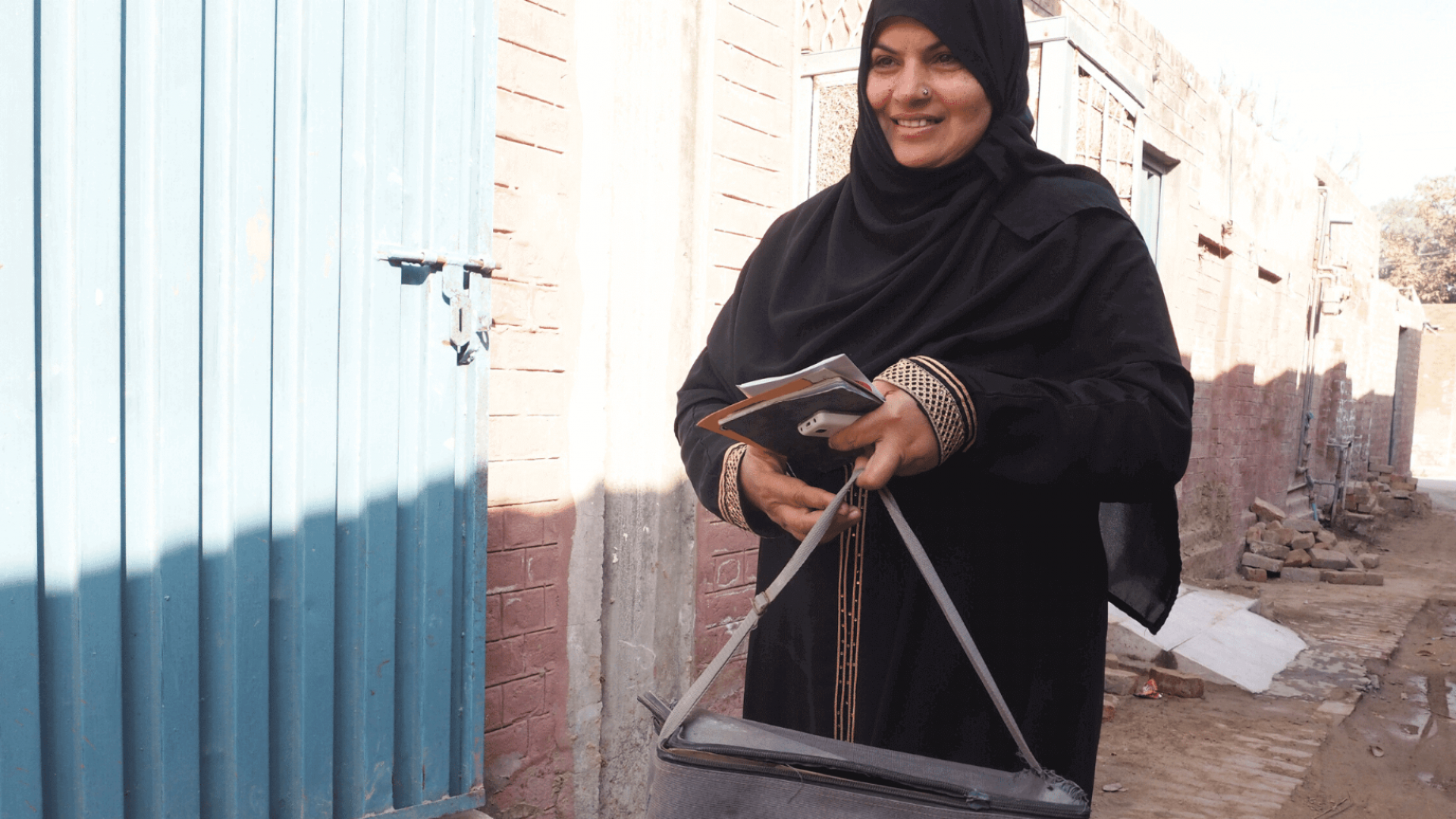“If I had to stop work, I don’t know what I would have done. I love my job and being creative”. Andrew (56) makes graphics for the BBC, recently helping to design their coronavirus logo. His work is intensely visual.
Andrew was diagnosed with severe glaucoma four years ago, already blind in one eye. “People were trying to hand me things and I just wouldn’t see them. I tried to make excuses – that I was tired or not paying attention.” He underwent surgery within months to prevent further vision loss in his good eye. “The first year was a dark year. There was a lot of closing down of things”. The biggest challenge for a self-described “motor-head” (car lover) was losing the ability to drive. Over time, many skills have returned, and new ones learned: “My wife would say that I sped up, like I was needing to prove myself”. Andrew strives to reduce the impact of glaucoma on his life, from taking up painting to traveling alone internationally, running races (assisted by a friend), and continuing his voluntary work with global housing charity Habitat for Humanity.
Despite initial concerns about how his diagnosis would affect work, Andrew’s job has continued largely as before, as he retains a small island of good central vision in his left eye. “They just need to keep the lights up bright for me, it’s harder to manage if it is at all dark.” It hasn’t all been simple. Dealing with crowds (“people seem to jump at me all of a sudden”) and street furniture are challenging. Being aware of obstacles and preparing to navigate difficult situations has become normal practice. “So long as I have time to process things, I’ll be alright”.
Andrew is married with two grown-up children and does his best to minimise disruption to their lives. He takes the bus or taxis. His family sometimes has to guide him and make him aware of upcoming steps, but Andrew describes glaucoma as just another “quirky Dad characteristic, along with about 4,000 others”. People adapt quickly. “A sense of normality has returned, and when life is turned upside down that’s all you want”.
Story credit: Dr Chris Jenkins, Centre for Public Health, Queen’s University Belfast.

